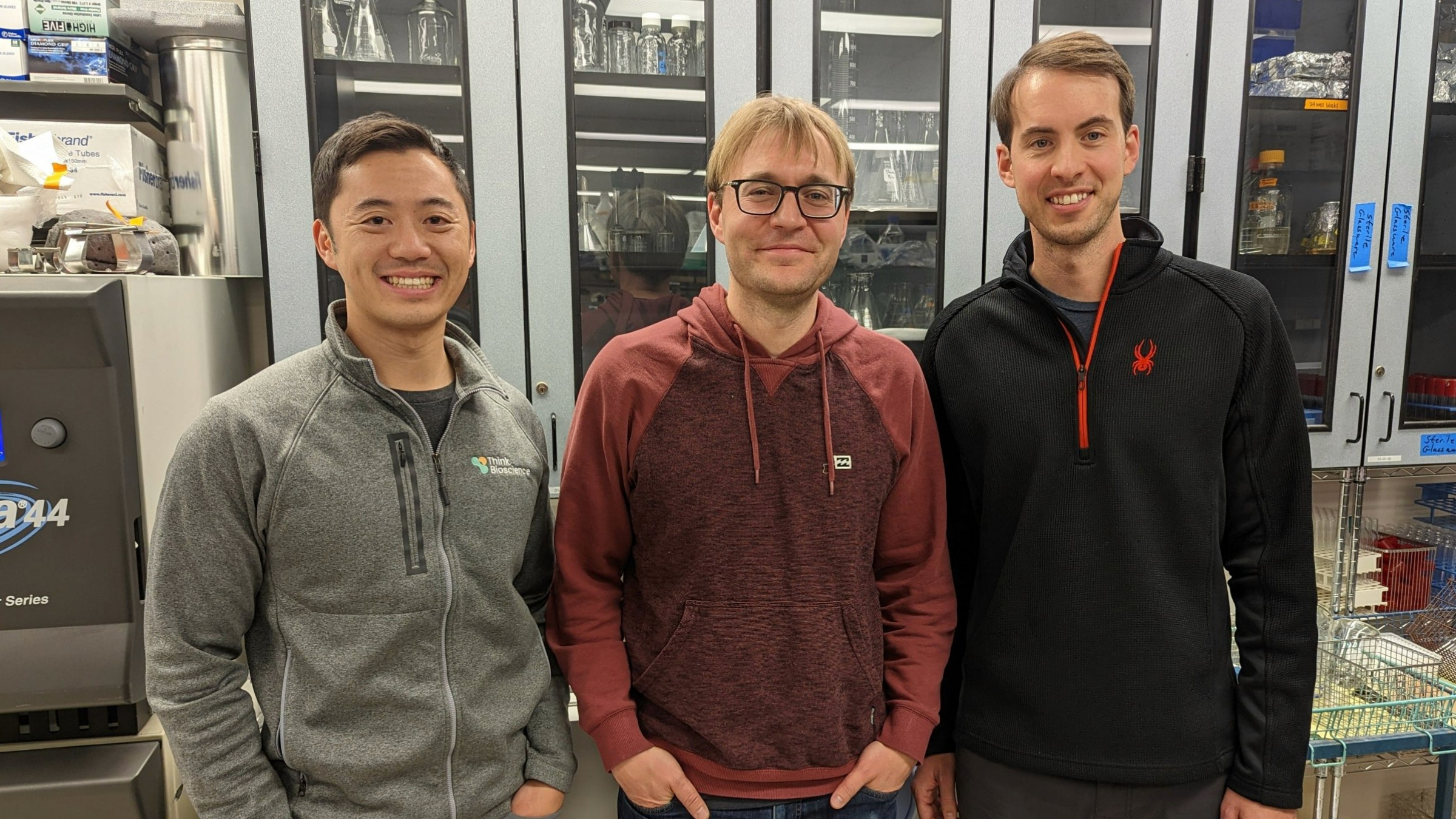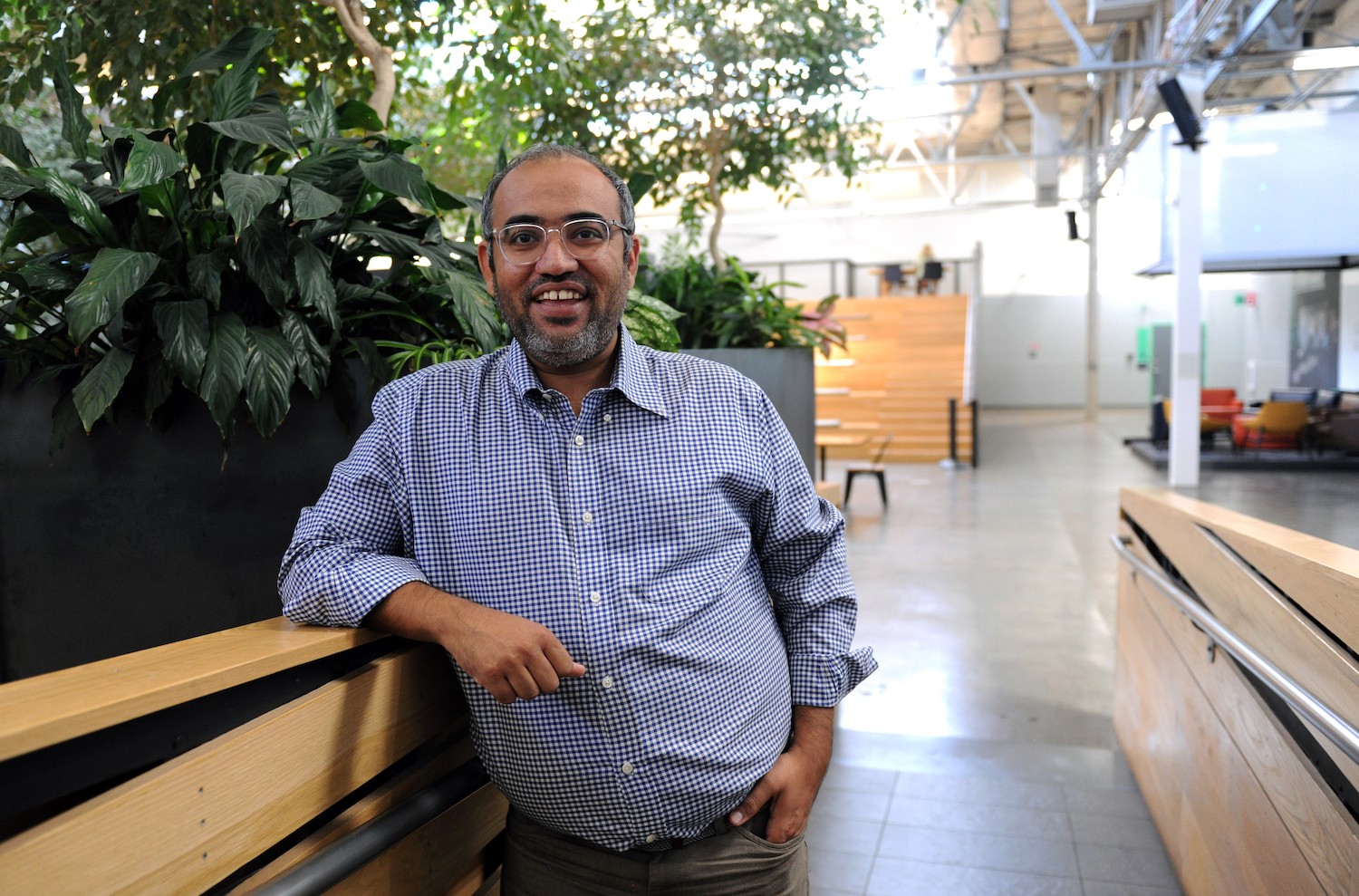Food Agriculture
Kokomodo Leads the Era of Sustainable Cacao at SynBioBeta 2025
As climate change threatens traditional cacao farming, Kokomodo’s cellular agriculture offers a climate-proof, contaminant-free alternative with enhanced health benefits
[Image courtesy of Kokomodo]
Ahead of their upcoming panel at SynBioBeta 2025 next week in San Jose, Kokomodo CTO Dr. Dario Breitel shared their visionary approach poised to revolutionize the cacao industry through advanced cellular agriculture.
More than just the foundation of chocolate, cacao is a nutrient-rich superfood abundant with antioxidants and natural mood enhancers. However, its traditional cultivation methods have become environmentally unsustainable and increasingly fragile. Climate projections indicate alarming vulnerability, predicting that by 2050, nearly 90% of current cacao-growing land will be unsuitable due to rising global temperatures.
Founded on the principles of sustainable innovation, Kokomodo is pioneering a transformative shift, moving cacao cultivation from tropical fields into precise bioreactors. “Using cellular agriculture, we grow real cacao from plant cells, in controlled environments, with no trees, no soil, and no climate risk,” explained the CTO. This novel technique not only ensures resilience against climate change but substantially reduces the environmental footprint typically associated with traditional cacao farming, including deforestation and CO₂ emissions.
"At Kokomodo, we work with a diverse library of cacao cell lines, each selected for its unique potential to support wellness - whether it’s mood, immunity, or healthy aging,” said Dario Breitel, PhD, CTO and Co-Founder of Kokomodo. “Growing cacao in controlled conditions allows us to consistently deliver high-quality ingredients, free from heavy metals and other contaminants found in conventional supply chains."
Beyond merely replicating traditional cacao, Kokomodo's approach exemplifies the broader shift underway within synthetic biology. Historically, the field has prioritized scaling production of singular compounds. However, Kokomodo’s approach reflects a contemporary evolution towards biomanufacturing complex, whole-cell products that maintain the biological integrity and enhance the intrinsic health properties of natural ingredients. This approach builds on nature’s biochemical richness - and amplifies it -enabling new levels of functionality, customization, and quality.
“I hope the audience sees that cellular agriculture has much broader applications than just cultured meat or dairy,” remarked the CTO. “There is a huge opportunity to rethink other ingredients, especially those linked to health, wellness, and sustainability.” Kokomodo’s methodology highlights not only the potential to drive innovation, but also to transform existing supply chains into safer, more sustainable, and consumer-centric models.
Looking forward, the company anticipates deeper integration of synthetic biology with emerging technologies. “As the field matures, we expect tighter integration of AI-driven strain design and automated bioprocessing to further reduce costs and enhance customization,” Dario added. This advancement would not only make the technology increasingly accessible but expand its applications to new nutritional frontiers.
Kokomodo's pioneering initiative signals a future where synthetic biology reshapes the global food landscape, enabling highly customized, health-focused, and environmentally sustainable products. Attendees at SynBioBeta 2025 will get more than just a glimpse of tomorrow’s cacao, they’ll experience what is possible when synthetic biology meets ingredient innovation.




















